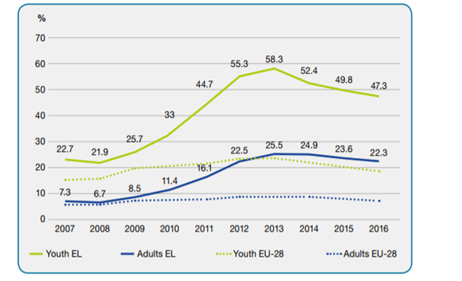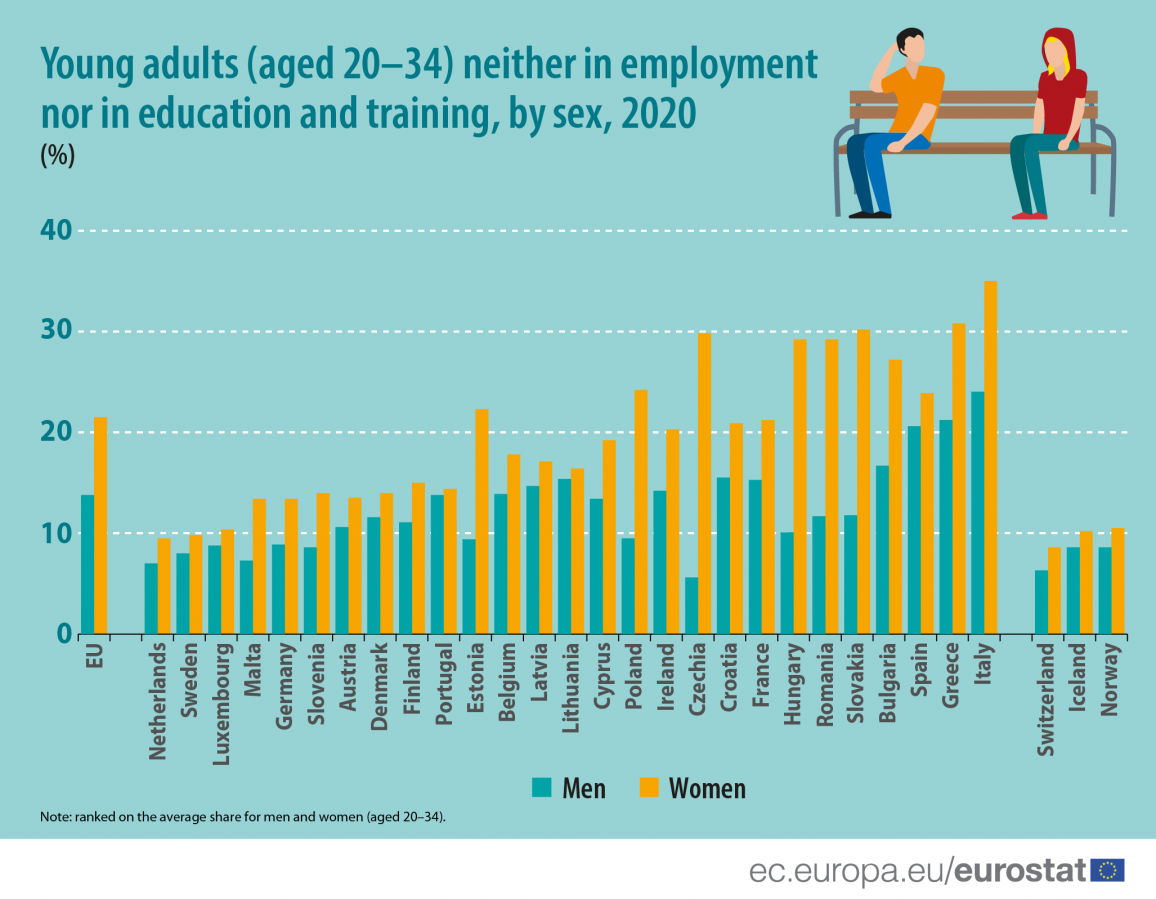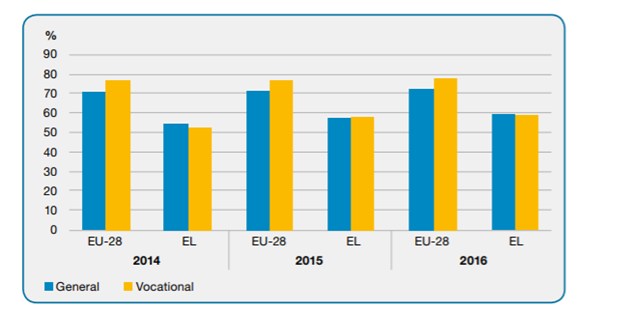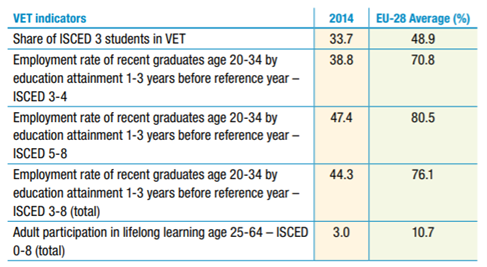One out of three Greeks under 24 are without a job. This is anything but news for Greece as high youth unemployment rates are prevalent for decades. However, this seems to be something common among the countries of the European south.
Could VET education in Greece be the answer to this challenge? This article will explore the state of VET education in the country. Finally, it will try to identify whether VET could be the answer to a future with more opportunities for Greek youth.
What do we mean by VET education?
VET education, or simply VET, stands for vocational education and training and it refers to instructional programs or courses. They are different to an academic degree in the sense that they focus on skills and hands-on training for a specific trade, occupation, or vocation.
VET is ideal for those who wish to develop their skills and their participation is distinguished between school-based or work-based learning (WBL). Vocational education can happen in secondary or tertiary education, during employment in the form of an apprenticeship, or as a mix of formal education and WBL.
Whatever the type of VET education that someone follows, none can dispute its importance in upskilling or reskilling labour. Even more now, during the ongoing fourth industrial revolution that skilled labour is in very high demand.
The context of high Greek youth unemployment
The Greek economy has suffered many macroeconomic changes after the 2008 economic crisis that had its toll in the, back then, already problematic Greek labour market.
Greek economy had a weak performance even before the crisis hit. This was largely due to yearlong structural deficiencies of the Greek state. For instance, Greek youth showed a rather weak transition from education to work and there was high labour market segregation.
As a result, the crisis hit the hardest young Greeks and the employment rate has yet to recover back to 2008 levels. At the same time, and throughout the crisis, Greek unemployment was significantly higher than the EU average.

However, it should be noted that Greek unemployment has been steadily on the decline since its peak (58%) in 2013 until the 2020 pandemic. Once again, the pandemic saw a new spike in youth unemployment in Greece as many challenges of the past continue unresolved to this day.
Another worrying statistic is the number of NEETs (Not in Education, Employment or Training) which is very high. With about 22.5% of Greek youth being characterized as NEETs, Greece ranks in one of the top positions in Europe.

The state of VET education in Greece
Despite the potential of VET education in Greece in dealing with many of those structural challenges, it unfortunately looks like it is underperforming compared to the EU average. The following graph offers insights on the Greek employment (20-34 age group) rate, compared to the EU-28 average, of general and VET education for the years 2014-2016.

From the graph above we understand that VET education in Greece has not been as effective as in other EU countries. For the same years, the EU-28 average employment rates of people in vocational training were higher than that of students in general education. However, this was not the case for Greece as students from general education seemed more likely or at least equally likely to find a job than those in vocational training. The only exception was in 2015 which is the only year that vocational training slightly surpassed the employment of general education graduates. This fact happened due to the fact that in 2015 Greece introduced the apprenticeship system with positive employment results.
Unfortunately, despite the obvious benefits of VET in the transition from school to work, it is not appealing to young people. Mainly due to cultural reasons, VET education in Greece is considered a “second choice” for young people and their parents. This has a lot to do with the false associations they have in mind that university studies also equals higher social standing. Despite efforts made by Greek governments to make VET more appealing, it still hasn’t caught up with the rest of Europe.

Conclusion
VET is known for its upskilling and reskilling benefits as well as for increasing the employment rate, especially in young people. VET already plays a critical role in the ongoing fourth industrial revolution that transforms jobs and the workplace with a continuous demand for more and newer skills.
However, despite the decades-long high unemployment rates especially in youth and the mismatch of skills in the Greek labour market, VET education has yet to uncover its full potential in Greece. VET is doing a remarkable job to employ young people in other EU countries and Greece should keep notes.
Truth is that there is tremendous room for growth and positive impact for VET organizations in Greece. But they must compete against something more than just themselves or their competition. To be truly successful, VET education in Greece needs to get rid of all negative cultural connotations. Nevertheless, this is not a battle they need to fight alone. With the help of the Greek state and of all the relevant ministries, VET education could reverse the existing negative culture and uncover its true potential.
The VET-WBL Project
iED participates in the Erasmus+ project VET-WBL trying to increase VET synergies between schools and companies in Europe. The core objective of this project is to find collaborations for work-based learning opportunities for students to increase their skills and prepare them for the workplace. Additionally, it wants to sensitize businesses on how work-based learning opportunities also works for their own benefit as they can find talents to join their team.
Learn more about VET-WBL Erasmus+ project and its activities on the project page.

